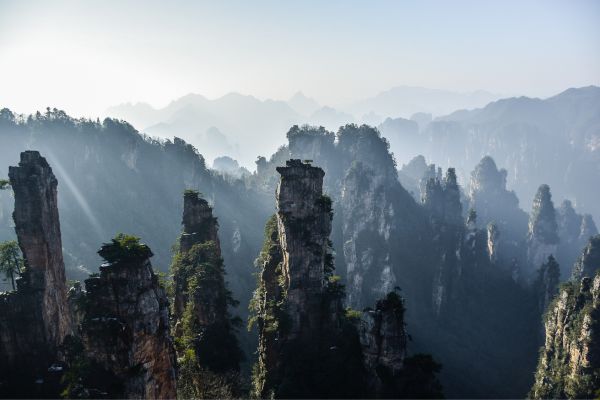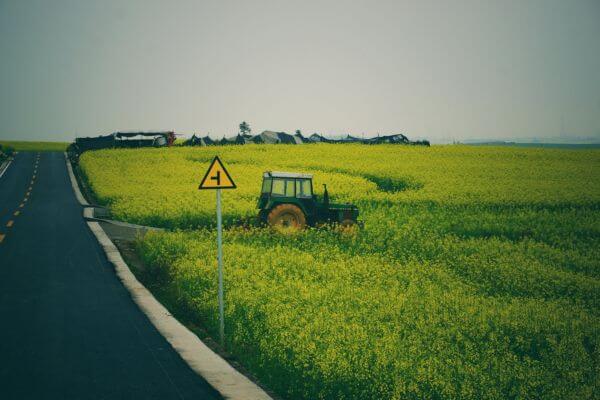
Law of the People’s Republic of China on Import and Export Commodity Inspection (《中華人民共和國進(jìn)出口商品檢驗(yàn)法》)was promulgated in 1989, and amended in 2002, 2013, April 2018, December 2018 and 2021 respectively. The latest revision entered into force on 29 Apr. 2021.
There are 39 articles in total. The Law aims to regulate the inspection of import and export commodities and promote the smooth development of foreign economic and trade relations.
The key points are as follows:
- The State Council shall establish an administration responsible for the inspection of import and export commodities nationwide. The local import and export commodity inspection authorities established by the State administration for import and export commodity inspection and the inspection agencies established according to law shall inspect the import and export commodities in accordance with the law.
- Compulsory inspection of import and export commodities refers to the conformity assessment of whether the import and export commodities listed in the Catalog meet the compulsory requirements of technical specifications prescribed by the State. The procedures for conformity assessment include sampling, testing and inspection; evaluation, verification and qualification guaranteeing; registration, accreditation and approval, as well as the combination of them. With respect to the inspection of the import and export commodities mentioned above, the commodity inspection authorities may adopt the inspection results provided by inspection agencies. The State administration for import and export commodity inspection shall implement the catalog administration of the aforesaid inspection agencies.
- Where anyone imports or exports commodities that are adulterated products, fake products passed off as genuine ones, shoddy products passed off as good ones, or disqualified products passed off as qualified ones, the commodity inspection authorities shall order him to stop importing or exporting, confiscate his illegal gains and impose on him a fine of not less than 50 percent but not more than three times of the value of such commodities. Where such a violation constitutes a crime, he shall be investigated for criminal liability in accordance with the law.
Cover Photo by 遠(yuǎn)擴(kuò) 王 (https://unsplash.com/@potato_wang) on Unsplash
Contributors: CJO Staff Contributors Team









